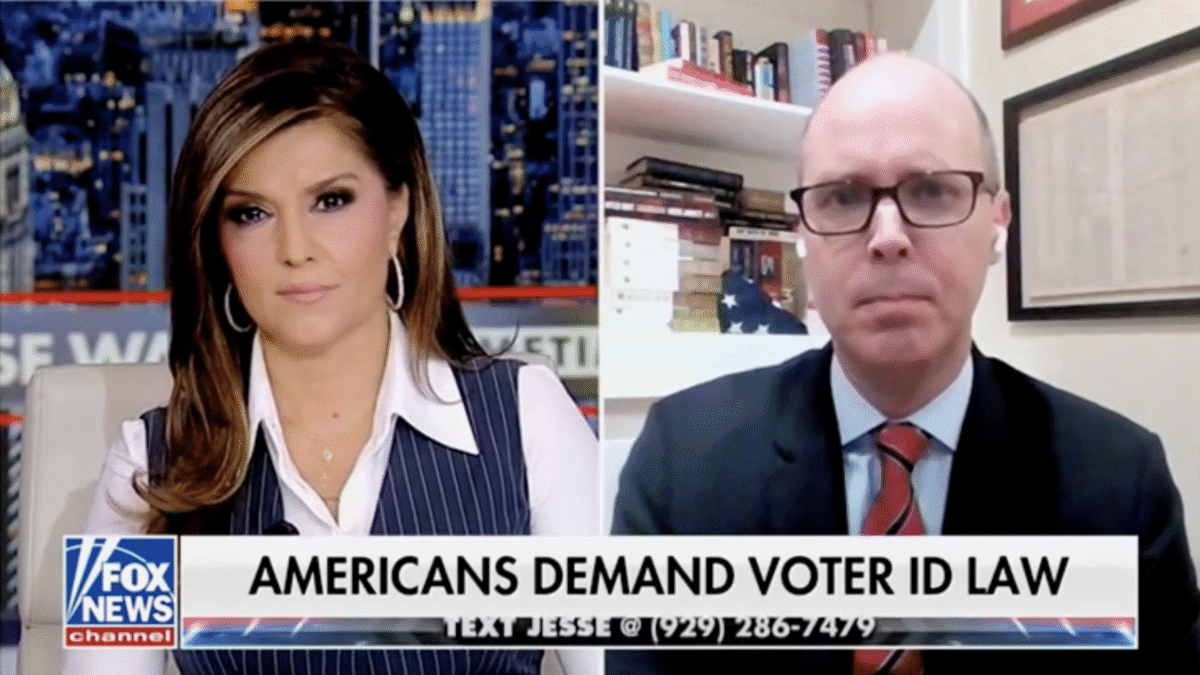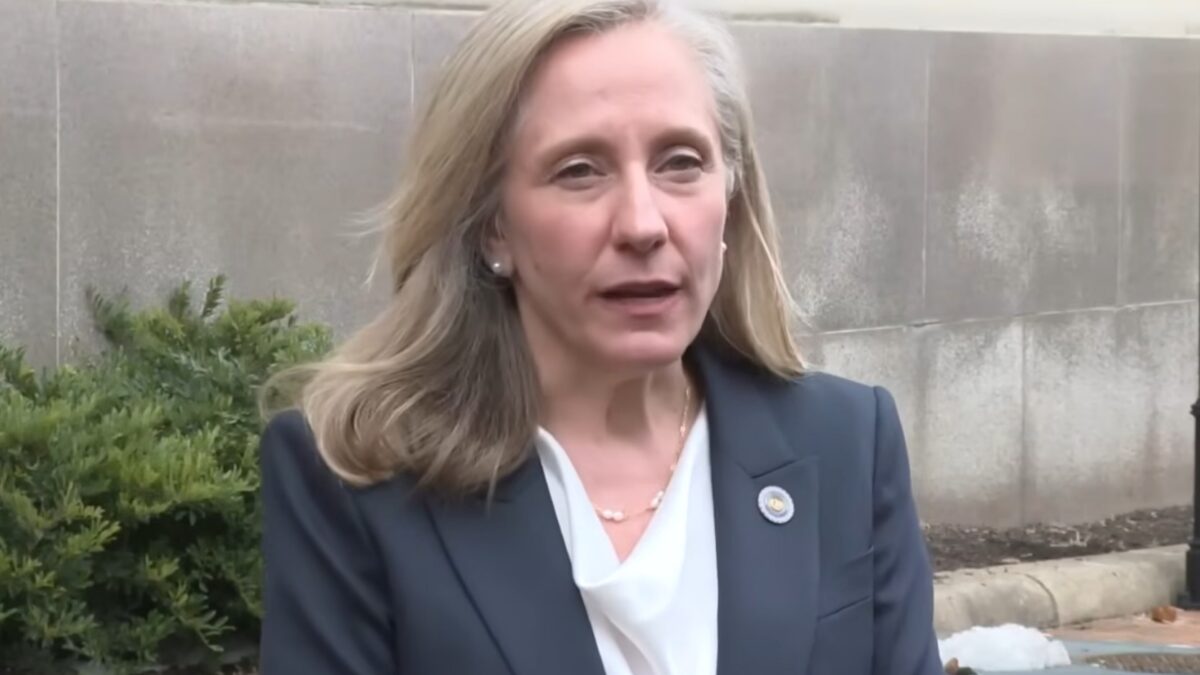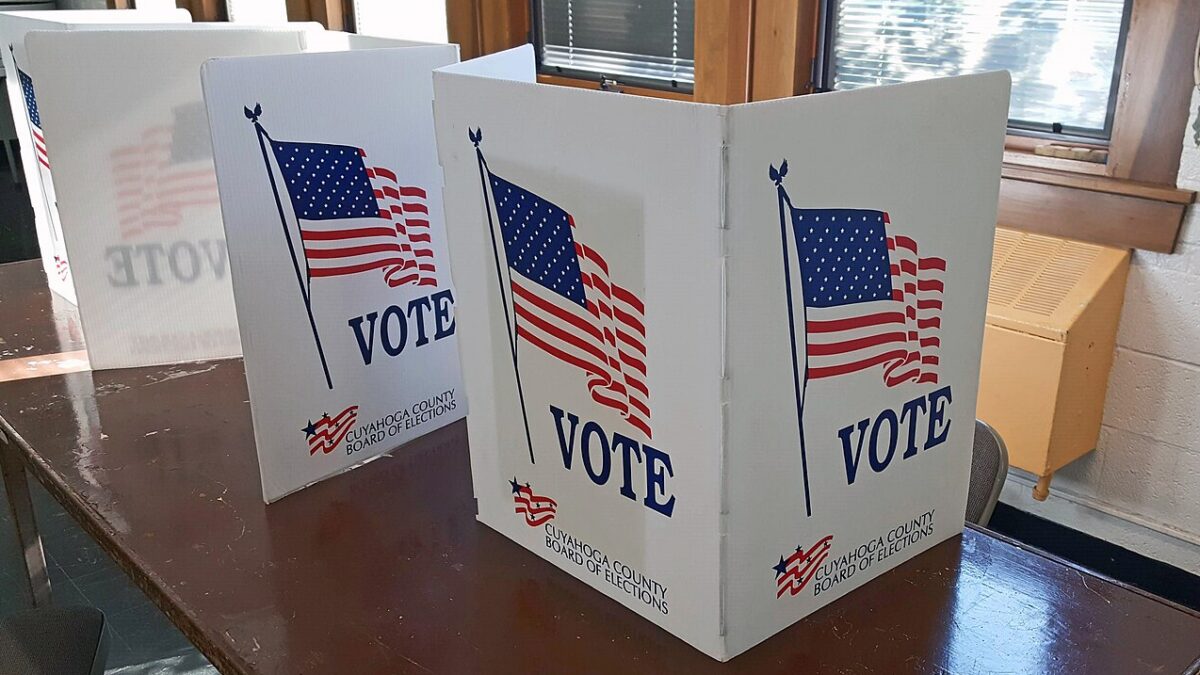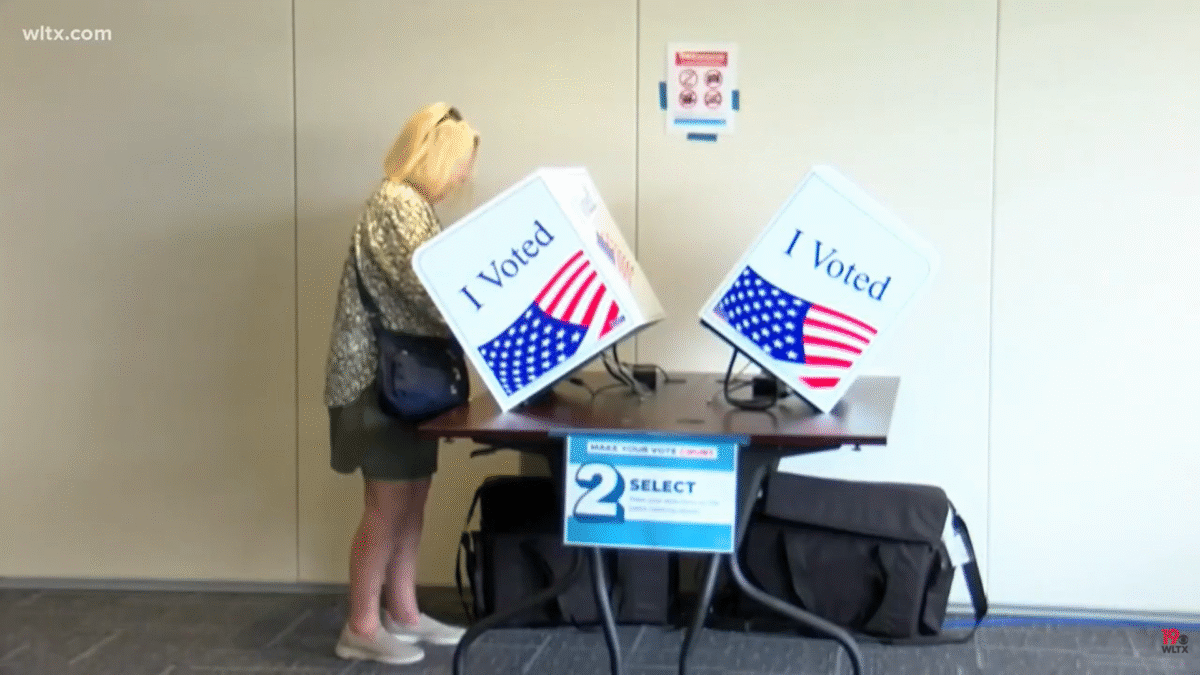Arizona’s guidance for election workers violates Americans’ First Amendment right to free speech and may disenfranchise voters, a lawsuit filed Wednesday alleges.
Brought against Secretary of State Adrian Fontes, Gov. Katie Hobbs, and Attorney General Kris Mayes in the U.S. District Court for the District of Arizona, the suit challenges provisions included in the latest iteration of the Election Procedures Manual (EPM), which provides guidance for election officials relating to mail ballots, voter registration, and other election-related matters. State law requires the manual to be issued by the secretary of state on Dec. 31 of every odd-numbered year and reviewed by Arizona’s governor and attorney general before finalization.
The lawsuit was filed by the America First Policy Institute, American Encore, and Arizona resident Karen Glennon.
Plaintiffs contend that the Fontes-devised EPM approved by Hobbs and Mayes in December 2023 includes two guidelines that violate the U.S. Constitution. The first is a “vote nullification provision,” which stipulates that “[i]f the official canvass of any county has not been received by [the] deadline, the Secretary of State must proceed with the state canvass without including the votes of the missing county.” In other words, all votes cast by electors in a county in which the Board of Supervisors declines to certify the election results will not be counted in the state’s final canvass.
Plaintiffs argue this provision “mandates the complete disenfranchisement of every voter in that county” and “does so even where the voters in that county themselves are entirely faultless and have complied with all requirements for exercising their constitutional right to vote.”
“The power conferred upon Boards of Supervisors under the Vote Nullification Provision is particularly problematic and vast given Arizona’s status nationally as both a swing and potentially tipping-point state,” the lawsuit reads. “If Arizona’s electoral votes were decisive in the 2024 elections, one or more Boards of Supervisors would potentially wield the power to determine the next President of the United States simply by sitting on their hands and refusing to come to work for a few days during the canvas process.”
Plaintiffs claim Fontes devised the provision to deter what happened during the state’s 2022 midterms, in which the two Republican members of the Cochise County Board of Supervisors delayed certifying the locality’s election results following voters’ complaints about Maricopa County’s disastrous Election Day administration. While the board ultimately certified the county’s election results, it didn’t stop Mayes from launching an investigation into and subsequently indicting the board’s GOP members after she took office.
Plaintiffs argue the guidance included in the EPM aimed at preventing a repeat of 2022 is “extreme” and violates the Constitution “by imposing an unconstitutionally severe burden on the right to vote of U.S. citizens residing in Arizona.”
The second provision challenged in the lawsuit is a “speech restriction,” which, as plaintiffs describe, “purports to criminalize ‘any activity‘ taken ‘with the intent or effect of threatening, harassing, intimidating or coercing voters.'” The guideline “broadens the scope of conduct criminally prohibited under” state law and, plaintiffs allege, could be used to target Arizonans’ First Amendment right to free speech. They also argue it could be weaponized to target individuals during periods when elections aren’t occurring in the state and areas outside election-related spaces.
“The Speech Restriction’s use of amorphous, open-ended terms like ‘insulting or offensive language’ and ‘harassing’ do not provide reasonable guidance that would distinguish permissible and impermissible speech,” the lawsuit reads. “The EPM does not provide any guidance as to how to apply its indeterminate terms and thus cannot be justified if the Speech Restriction were limited purely to the non-public forums of voting locations (instead of applying everywhere else in the State, as it does by its plain terms).”
Plaintiffs have asked the district court to declare the aforementioned provisions unconstitutional and issue preliminary and permanent injunctions barring their enforcement. They’ve also asked the court to issue an injunction requiring Fontes to amend, and Hobbs and Mayes to approve, the EPM to comply with the Constitution.
Wednesday’s lawsuit is one of several filed by Arizona residents and conservative groups in recent months challenging provisions of Arizona’s elections manual.






